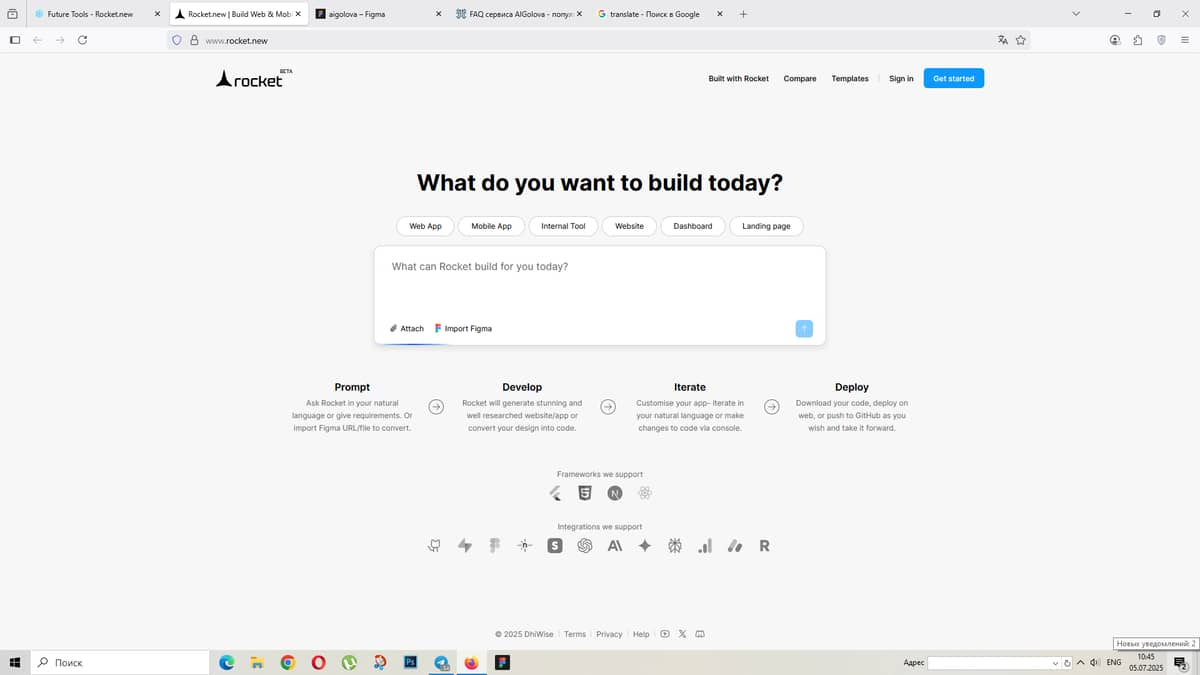Venice AI

|
Tags
|
Pricing model
Upvote
0
Venice AI is a decentralized AI platform prioritizing privacy, offering secure and unrestricted text generation, image creation, and code support. It attracts individuals who value data privacy and desire unfiltered AI engagements, as it avoids storing user data on central servers. This platform is perfect for developers, content creators, researchers, and general users looking for a customizable AI experience without sacrificing personal data or encountering content limitations.
Similar neural networks:
BGBye seems to be a web tool aimed at eliminating the background from photos or videos. Users can engage with the tool by clicking, dragging and dropping, or pasting (via ctrl-v) media directly into the platform. This application may be beneficial for people who need to produce graphics with transparent backgrounds, such as designers crafting web or print projects, social media content creators wanting to overlay subjects onto various backgrounds, or anyone needing to isolate a subject in a photo or video for editing. Its user-friendliness and the advantage of not needing any software installation might attract users.
Mem is an AI-driven workspace that self-organizes, assisting individuals and teams in maintaining organization, gathering information from various sources, and automating routine tasks. It offers features such as calendar integration, file attachments, user groups, Zapier integration, task management, imports, flows, native apps, and shared templates to enhance users' ability to capture, organize, and collaborate on their projects. Imagine Evernote or Notion enhanced with intelligent AI capabilities.
MapDeduce is a tool designed to help users understand intricate documents. It provides features like summarizing texts in various languages, generating pertinent questions according to the document type, and identifying potentially problematic terms in contracts. It also allows for the future comparison of similar documents. Users can give feedback to enhance the service's quality.



